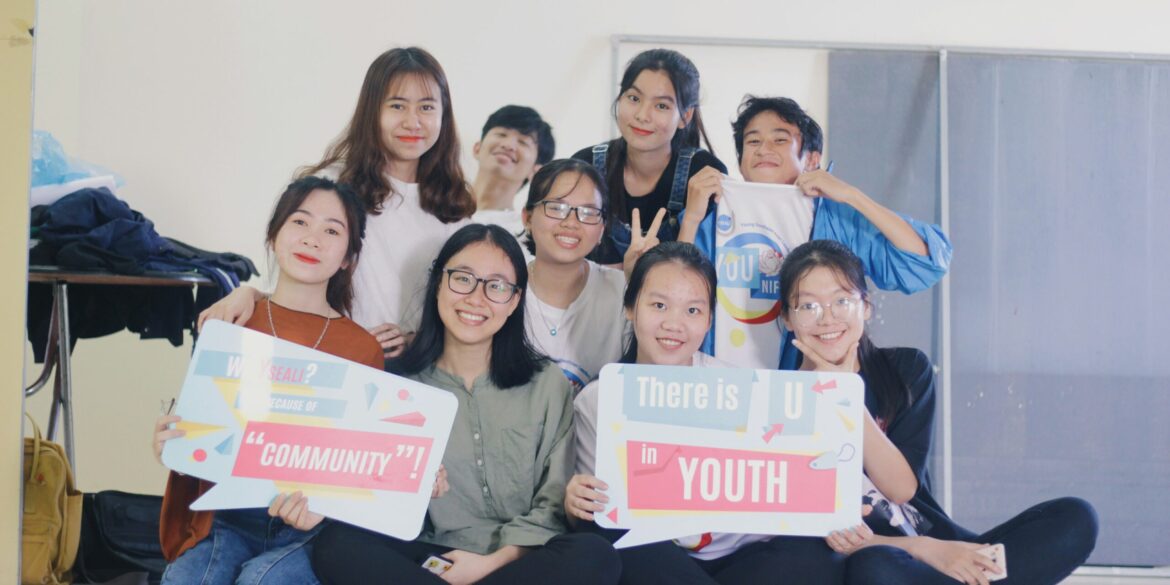In recognition of World Youth Skills Day—observed annually on July 15—the United States has witnessed a wave of new vocational initiatives designed to bridge the gap between education and employment for underrepresented youth. The 2025 theme, “Youth Empowerment Through AI and Digital Skills,” emphasizes the urgent need to equip young people with core competencies such as digital literacy, technical know-how, and AI-powered tools.
A notable trend this year is the formation of high school-community college alliances. These collaborations offer short-term certifications in high-demand fields like digital literacy, advanced manufacturing, and sustainable agriculture. Programs—often free or subsidized—are structured to align with regional labor market needs, ensuring students graduate job-ready.
Local workforce boards, nonprofit organizations, and employer groups have organized intensive bootcamps and certification pathways. One model, known as Career Pathways, integrates academic, technical, and employability training, guiding students toward industry-recognized credentials and immediate job placement. Federal funding under the Workforce Innovation and Opportunity Act (WIOA) continues to support these one-stop centers, which offer career counseling, training services, and job placement.
Programs such as Year Up, a nonprofit based in Boston, have expanded their reach nationwide, offering tech-focused training and corporate internships for young adults aged 18–29 who lack college degrees. YouthBuild Global, active across more than 320 U.S. sites, empowers 16–24-year-olds from low-income communities with construction trades training, GED support, and leadership development, helping them earn credentials and build infrastructure. Similarly, the national SkillsUSA organization continues to thrive with over 395,000 members, delivering career and technical workshops and hosting competitions aligned with industry standards.
Federal officials have praised these youth-centered initiatives, remarking that they advance UN Sustainable Development Goal 8 (Decent Work and Economic Growth) by promoting productive employment and skills development. At the ECOSOC Youth Forum earlier this year, U.S. delegates highlighted the role of vocational training and technology in creating equitable labor markets.
While pledges have been made to strengthen Technical and Vocational Education and Training (TVET) programs and reduce both the digital divide and gender bias in tech fields, experts caution that full implementation demands sustained funding, infrastructure upgrades, and workforce development for educators in emerging fields.
Despite strides in education, many U.S. teens still lack confidence in their technical and job-readiness skills. According to an earlier parent-led survey, while 80% of teens feel optimistic about achieving goals, they cite math, tech, and writing as persistent weaknesses—and value soft skills such as communication and resilience.
Vocational experts emphasize that technical know-how alone is insufficient. Students also need soft skills—teamwork, adaptability, communication—which are directly tied to success in today’s AI-enabled workplace.
Employers are increasingly partnering with educational institutions to ensure skill development aligns with actual labor demand. Manufacturing firms are co-developing certification tracks taught in community college labs, while agri-tech companies are helping to design sustainable farming modules. This employer-driven model, echoed by the U.S. Department of Labor, ensures that certification carries real workplace value.
As the U.S. celebrates the 10th anniversary of World Youth Skills Day, national and local stakeholders face key challenges: overcoming regional disparities in resources, ensuring equitable access—especially for women and rural youth—and continuously evolving curricula to match industry shifts. Federal programs like WIOA and Career Pathways will be instrumental in scaling successful pilots.
Experts emphasize that skill development must be lifelong and flexible. AI and digital fluency are no longer optional—they define future employability. Similarly, adaptive, mentorship-rich models—like those offered by YouthBuild and Year Up—provide essential human-centered support in rapidly changing labor markets.
World Youth Skills Day 2025 has notably galvanized U.S. workforce development efforts. With renewed focus on technology, inclusivity, and real-world partnerships, America is moving closer to a future where all young people—regardless of background—have pathways into meaningful, decent work in line with global sustainable goals.
Ongoing success will hinge on integrating technical training, soft-skills development, inclusive policies, and employer engagement—ensuring that vocational education keeps pace with the evolving demands of a digital economy.

